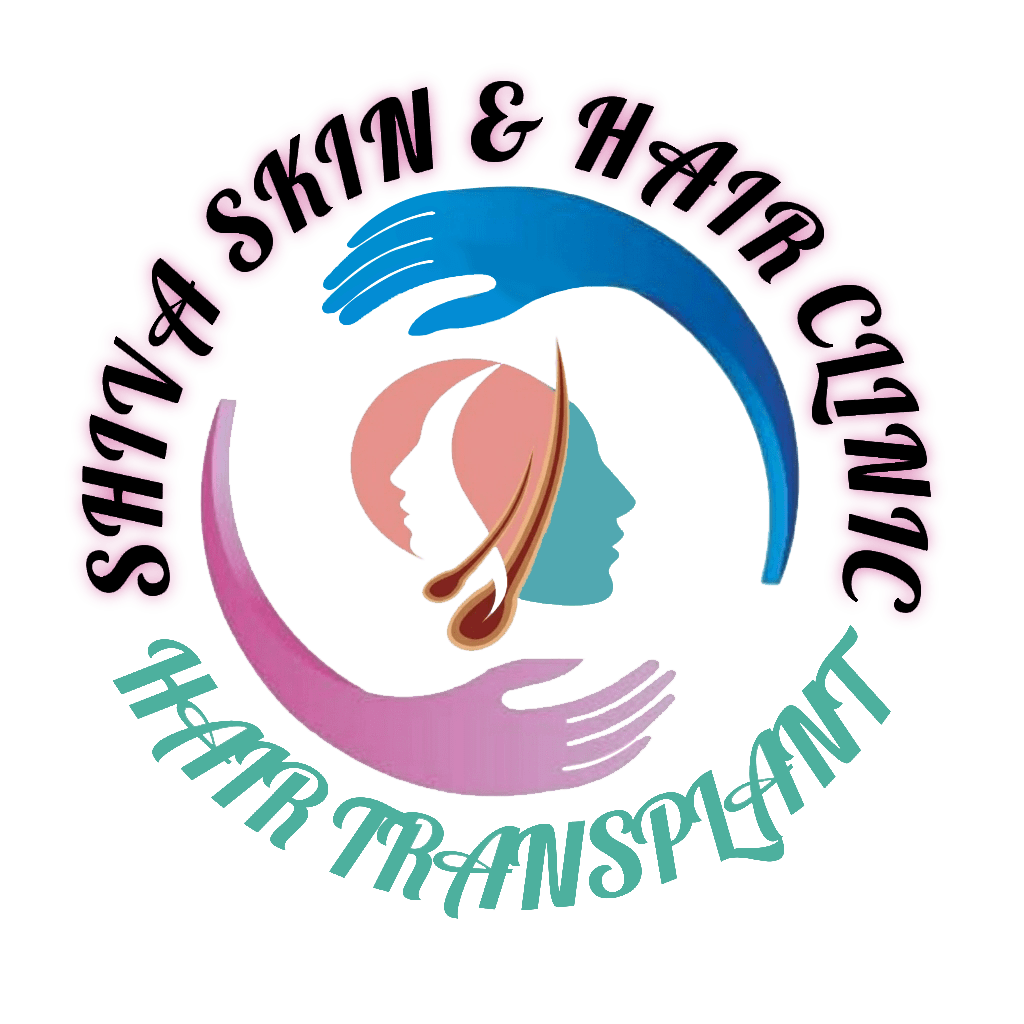Acne Scar Treatment
There are several effective treatments available for acne scars, and the choice of treatment depends on the type and severity of the scars, as well as individual skin type. Some of the common treatments for acne scars include:
- Topical treatments: Over-the-counter creams and gels containing ingredients like retinoids, vitamin C, or glycolic acid can help reduce mild scarring and improve skin texture over time. Prescription-strength topical treatments may also be recommended by a dermatologist.
- Chemical peels: This involves applying a chemical solution to the skin, which exfoliates the outer layer and encourages new skin growth. It can help improve the appearance of mild to moderate acne scars.
- Microdermabrasion: This procedure involves gently exfoliating the outer layer of skin using a high-pressure spray of tiny crystals. It helps to improve the texture and appearance of superficial acne scars.
- Laser therapy: Various types of laser treatments can help reduce the appearance of acne scars. These include ablative lasers, which remove the outer layer of the skin, and non-ablative lasers, which stimulate collagen production to help improve the appearance of scars.
- Dermal fillers: Injectable fillers can be used to raise the surface of indented scars, making them less noticeable. However, this is a temporary solution, and the treatment may need to be repeated periodically.
- Microneedling: This procedure involves using a device with fine needles to create tiny punctures in the skin. This stimulates the body’s natural healing process and can help improve the appearance of acne scars.
- Subcision: This involves using a needle to break up the fibrous bands of scar tissue beneath the skin, allowing the skin to level out and reducing the appearance of depressed scars.
- Surgical removal: For more severe or deep scars, surgical procedures such as punch excision or skin grafting may be recommended.
It’s important to consult with a dermatologist to determine the most suitable treatment for your specific type of acne scars and skin condition. They can assess your skin and recommend the most effective treatment option based on your individual needs and goals. Additionally, they can provide guidance on post-treatment care and any necessary follow-up treatments.

